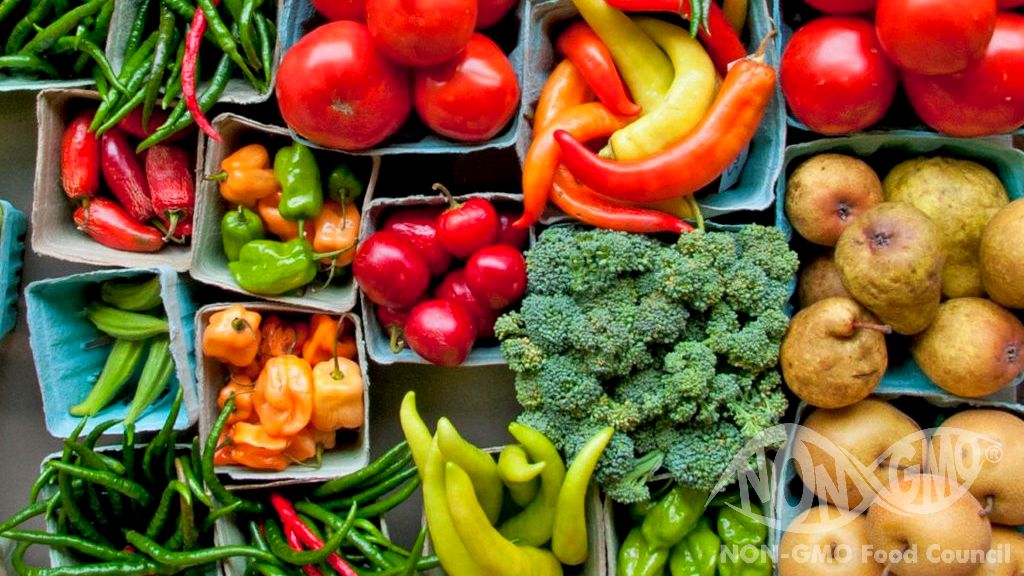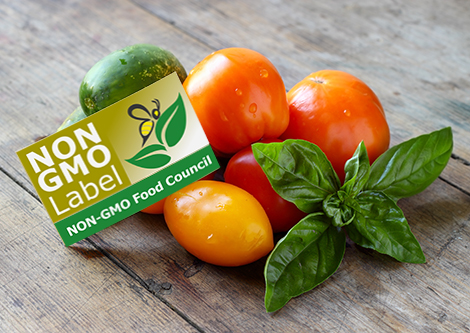Genetically modified (GM) foods have raised concerns among consumers about their impact on the environment as well as human and animal health. As a result, on the consumer side, foods containing any genetically modified ingredients must be labeled and separated.

There is a growing need for NON GMO and GMO Free labels to meet consumer demands for transparency and to support companies in the sourcing of non-GMO ingredients and to easily identify non-GMO products in the marketplace.
Many food companies are now seeking certification for products that do not contain genetically modified ingredients, not just brands popular in the health food aisle.
As a result of growing consumer concerns about the long-term health and environmental effects of the foods we eat, there has been a growing demand for certified non-GMO foods. To meet this demand, our organization has developed the NON GMO Food Certification program. The scope of this certification includes all aspects of the food supply chain, including agricultural production, procurement, processing, storage of inputs and labeling of food products.
When it comes to the food industry, our NON GMO food certification program, developed under strict criteria, offers an independent program of quality management systems, from the seed to the growing process and the market channel through harvest, transportation, collection, storage and processing.
For example, if the cookies contain honey, the company will need to demonstrate that the bees that make the honey are not fed near the genetically modified corn. DNA testing is necessary even when there is even the slightest risk that an ingredient will contain a modified gene.
This includes the NON GMO or GMO Free certification and labeling program, as well as the verification of legal requirements regarding primary packaging, labeling and traceability of GMOs.
The NON GMO label has many important advantages such as;
In addition, recent studies show that the NON GMO or GMO Free label and certification on foods are seen more important than organic certification in the choice of consumers, and consumers do not understand that the product with organic certification is also non-GMO.
Do not hesitate to contact our expert team to get detailed information about the GMO Free and NON GMO label and certification, or to apply for certification.
